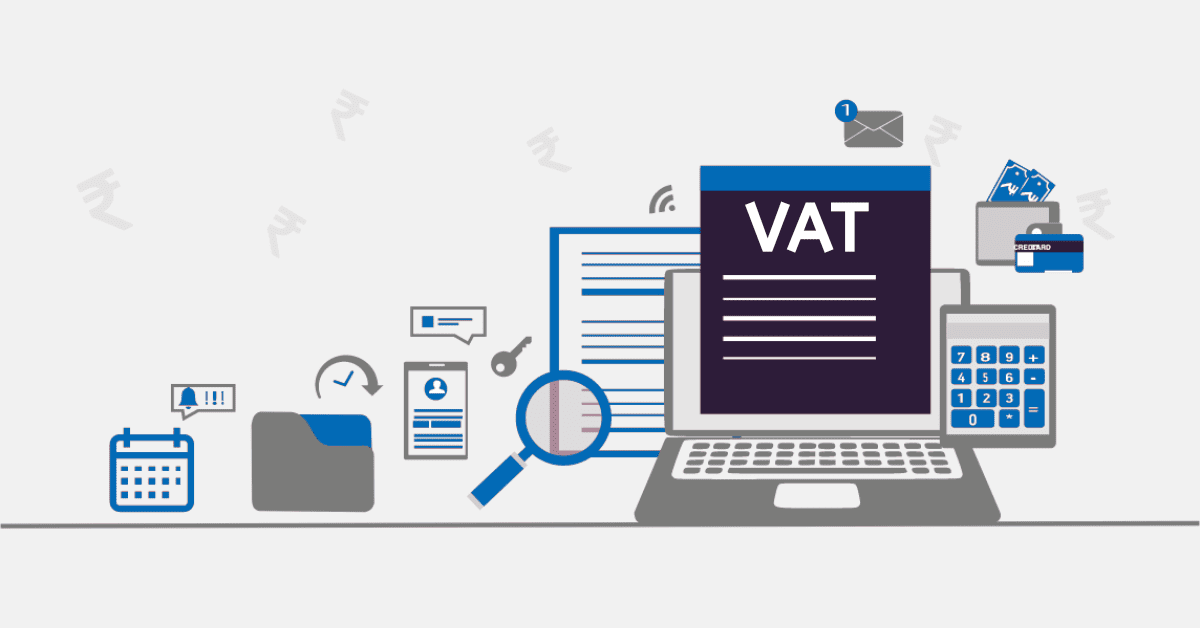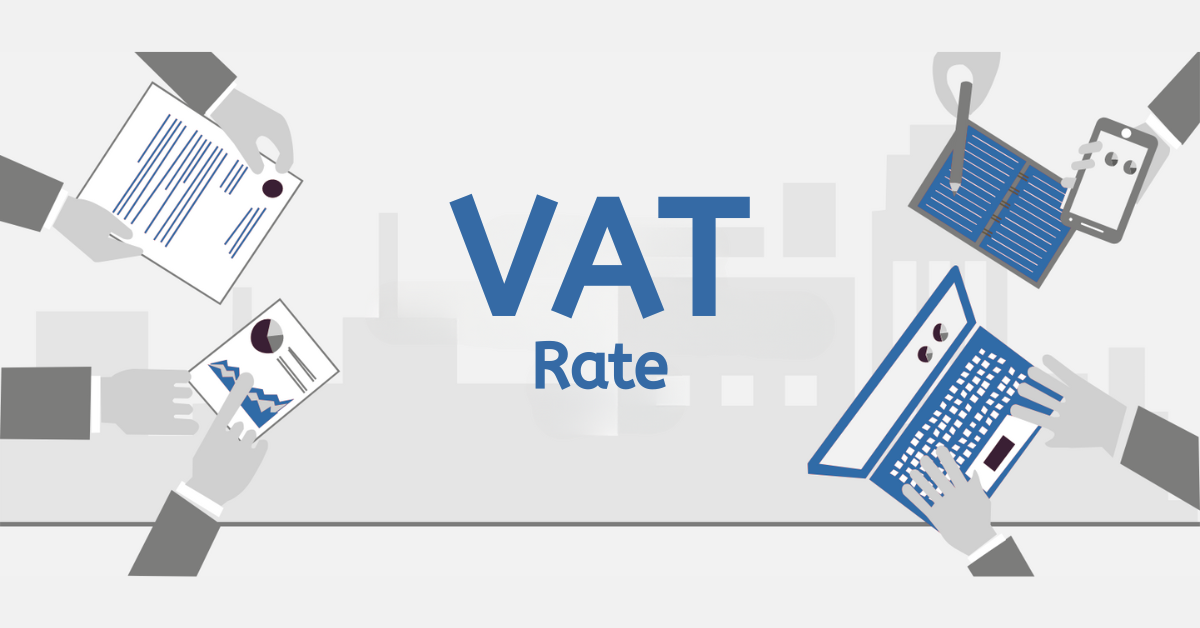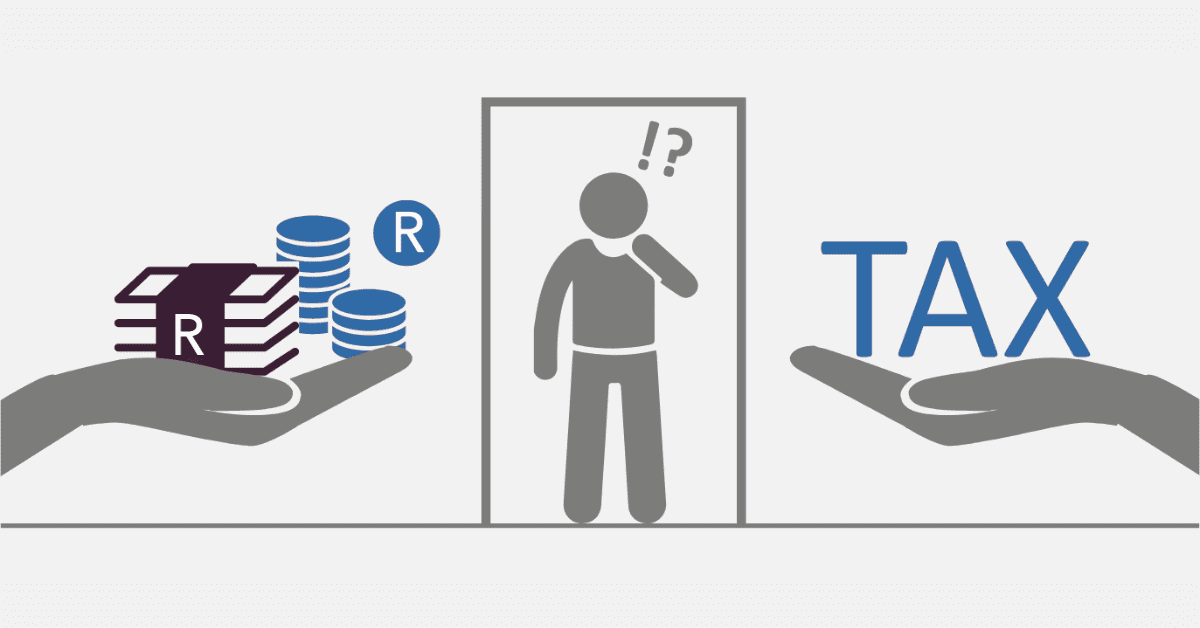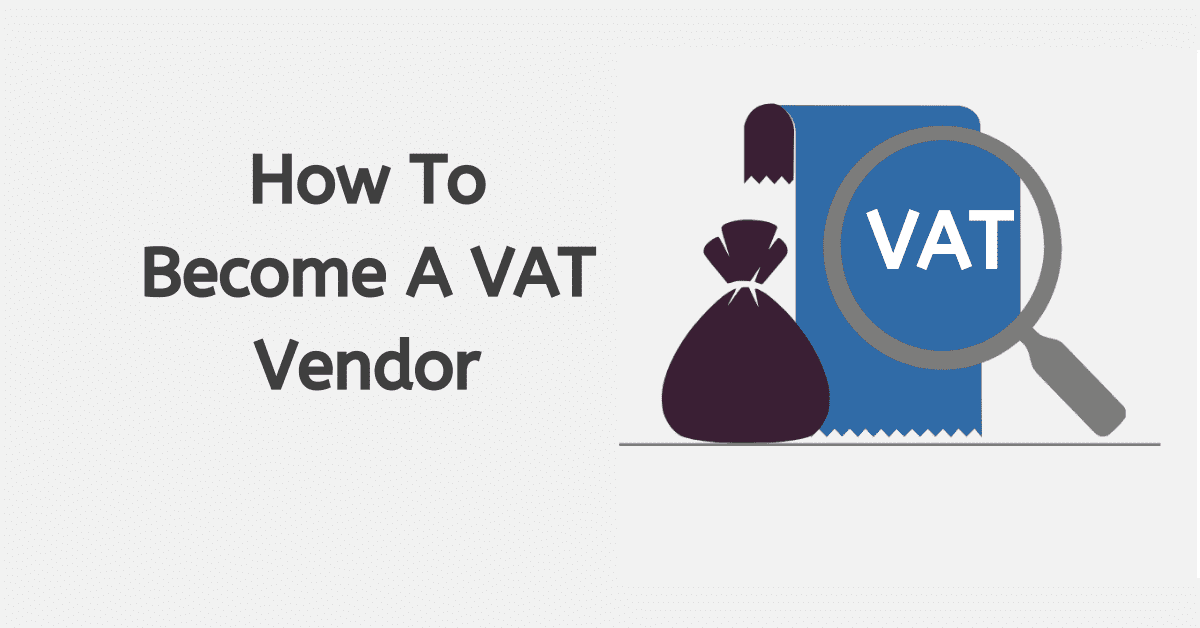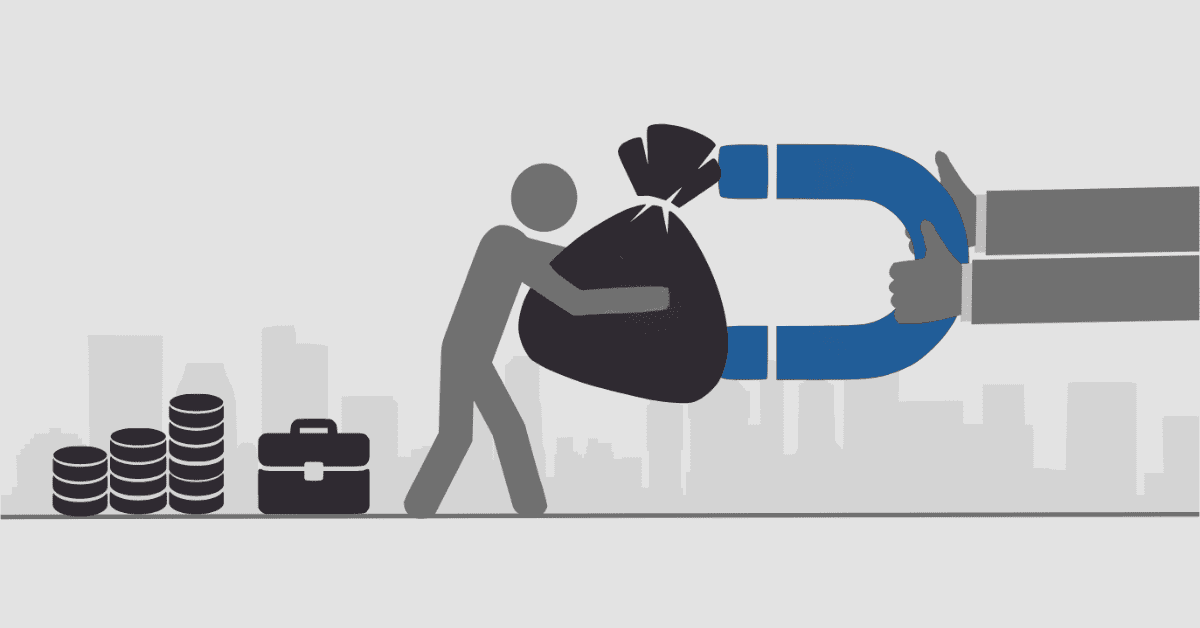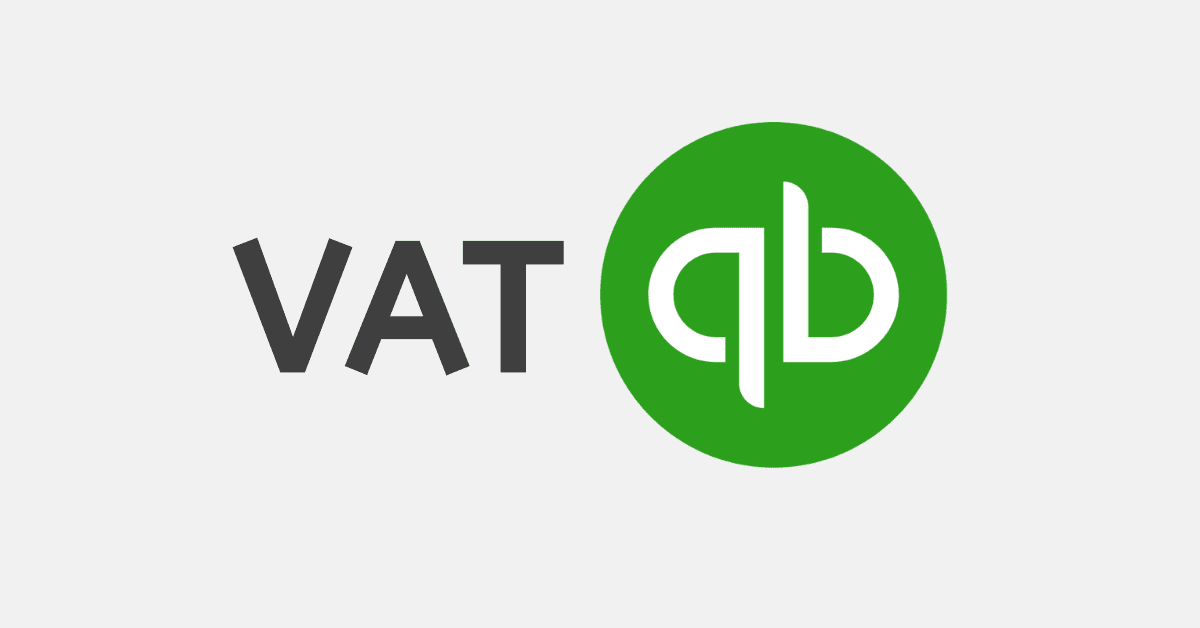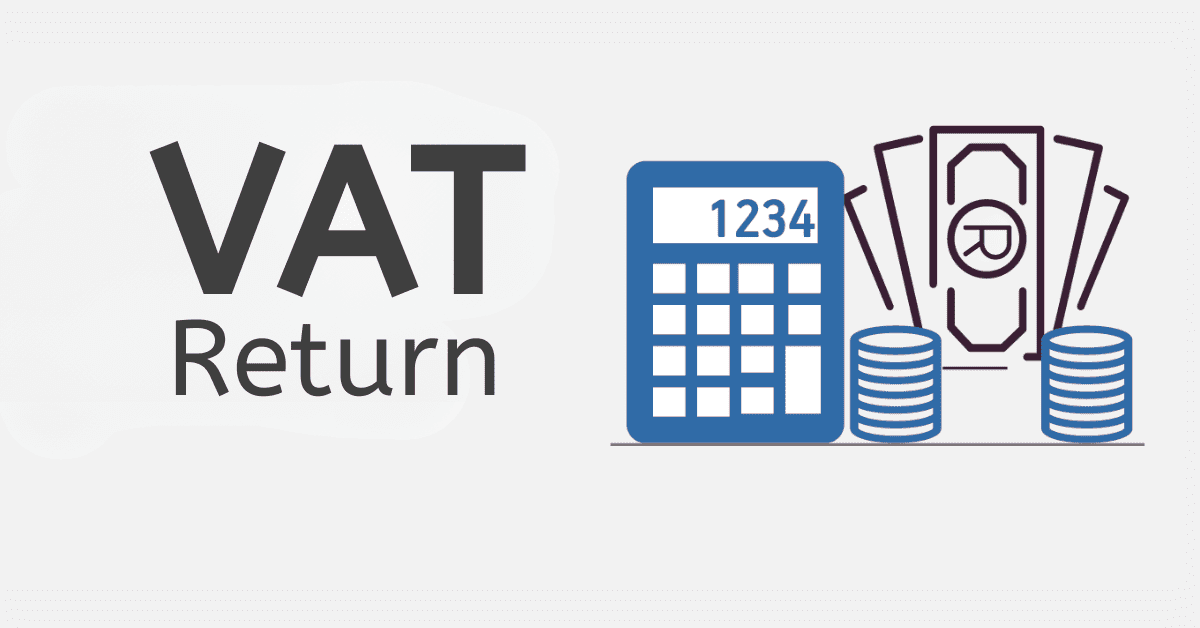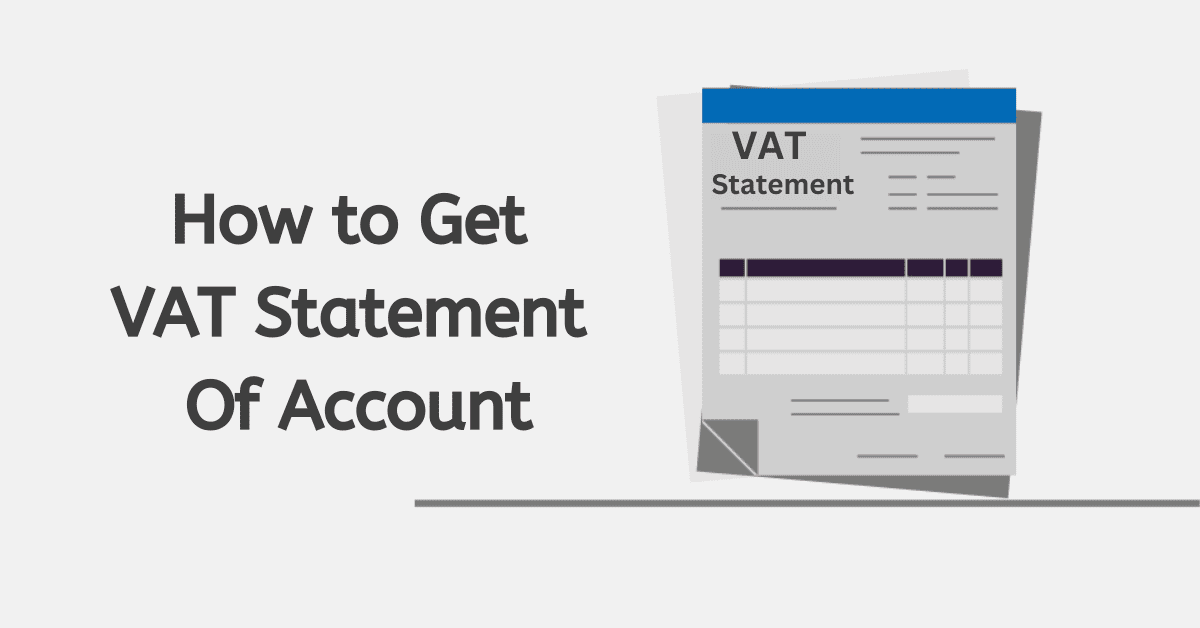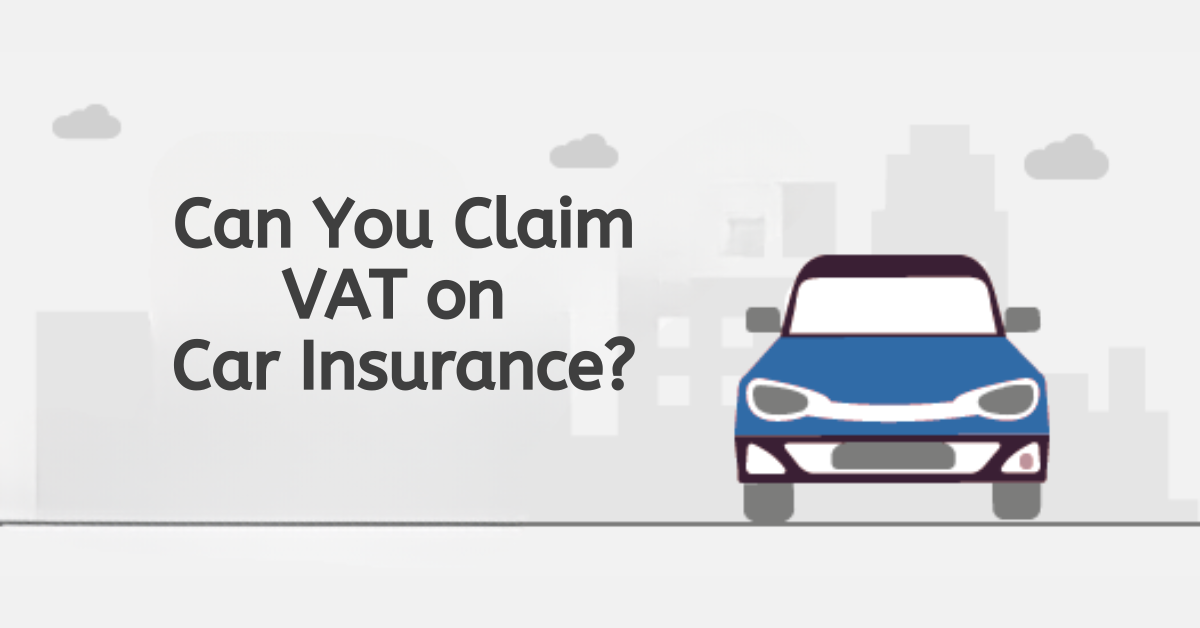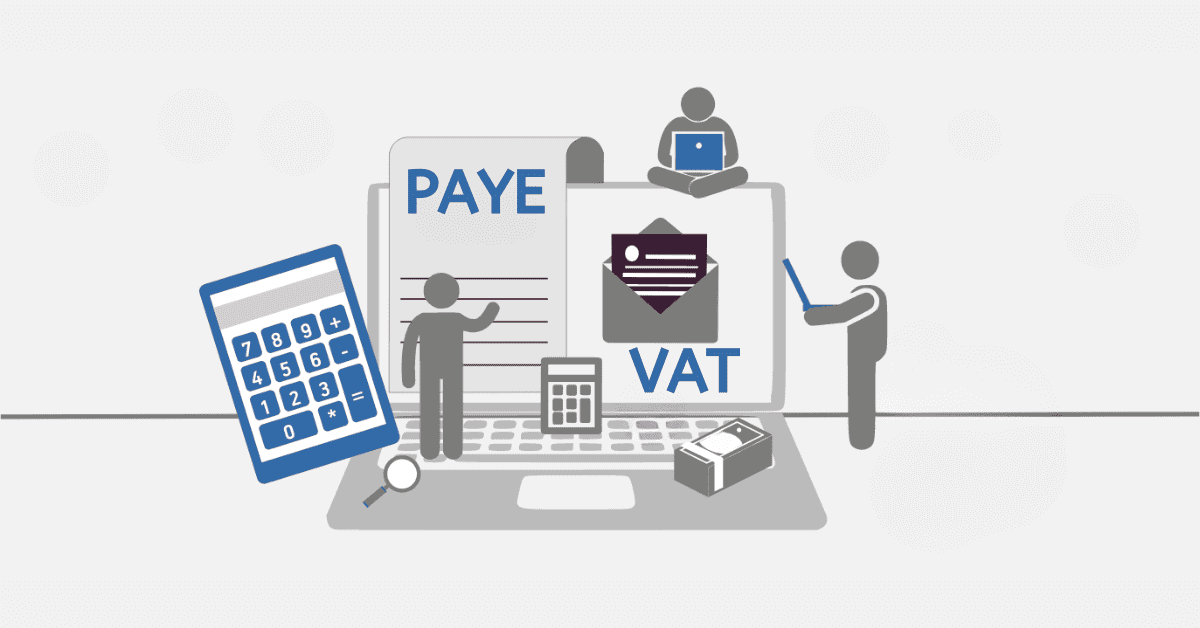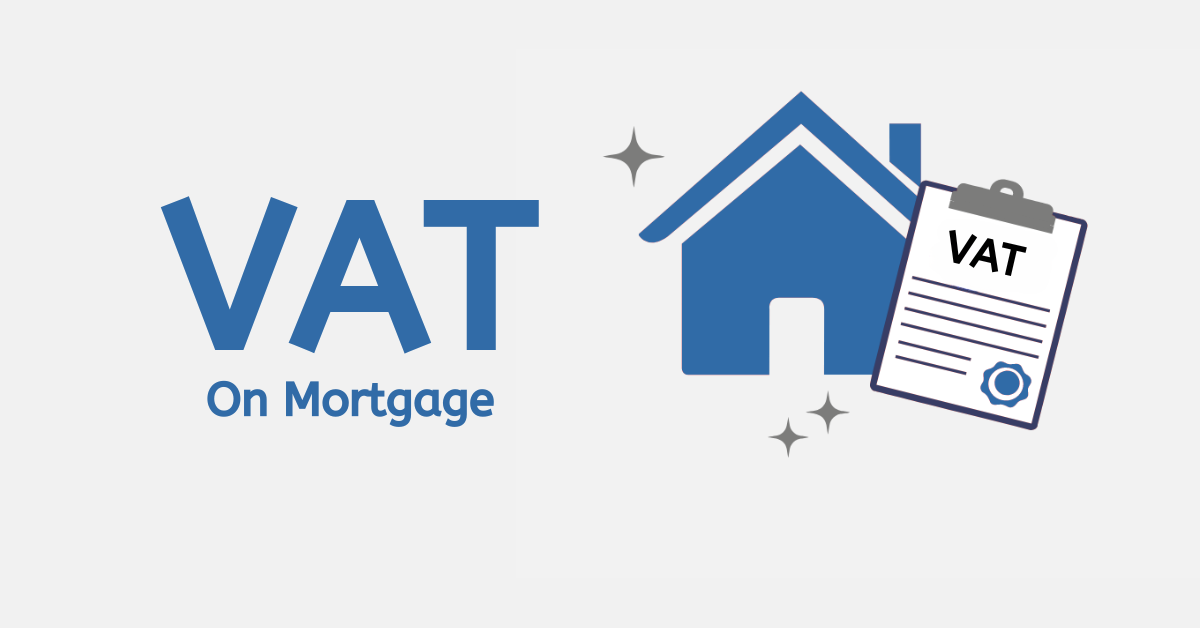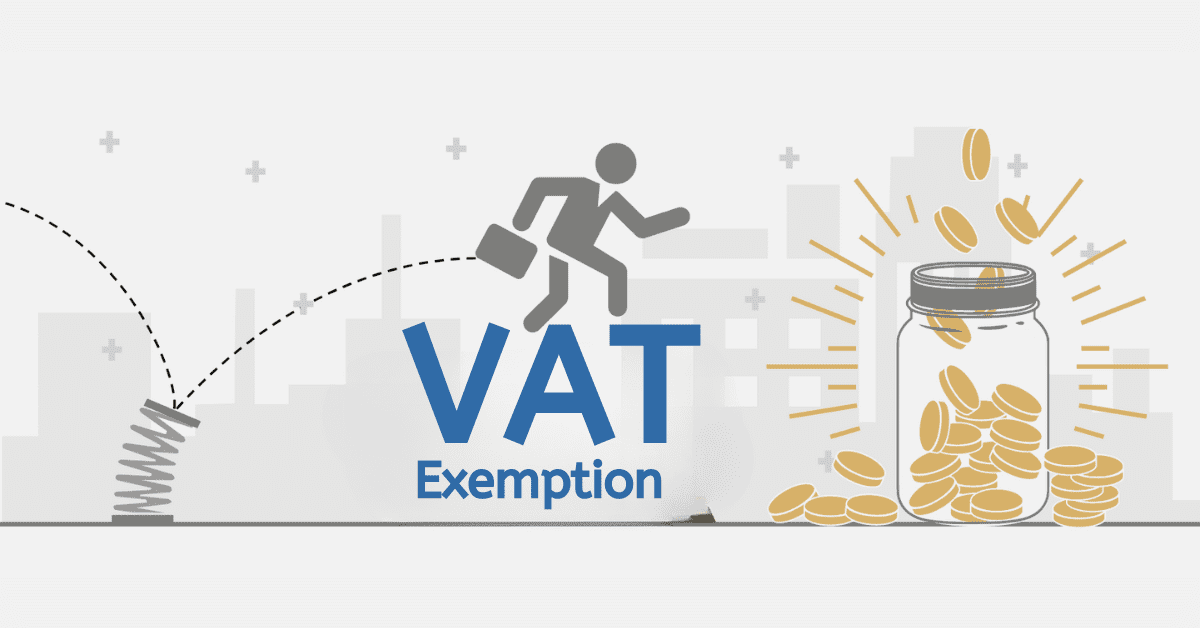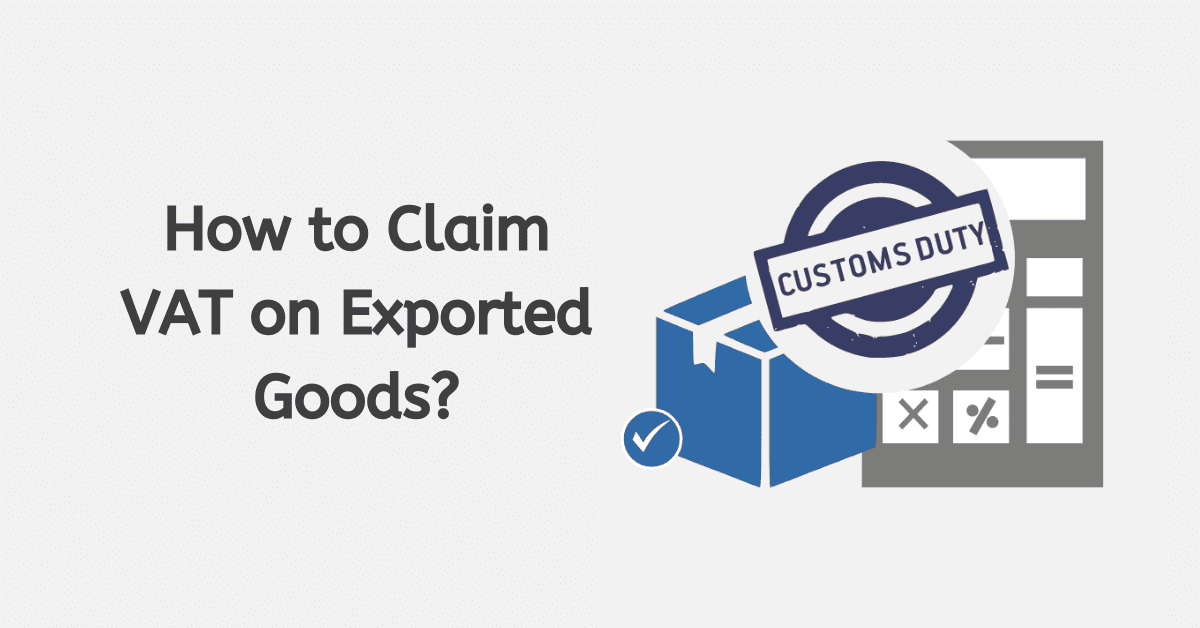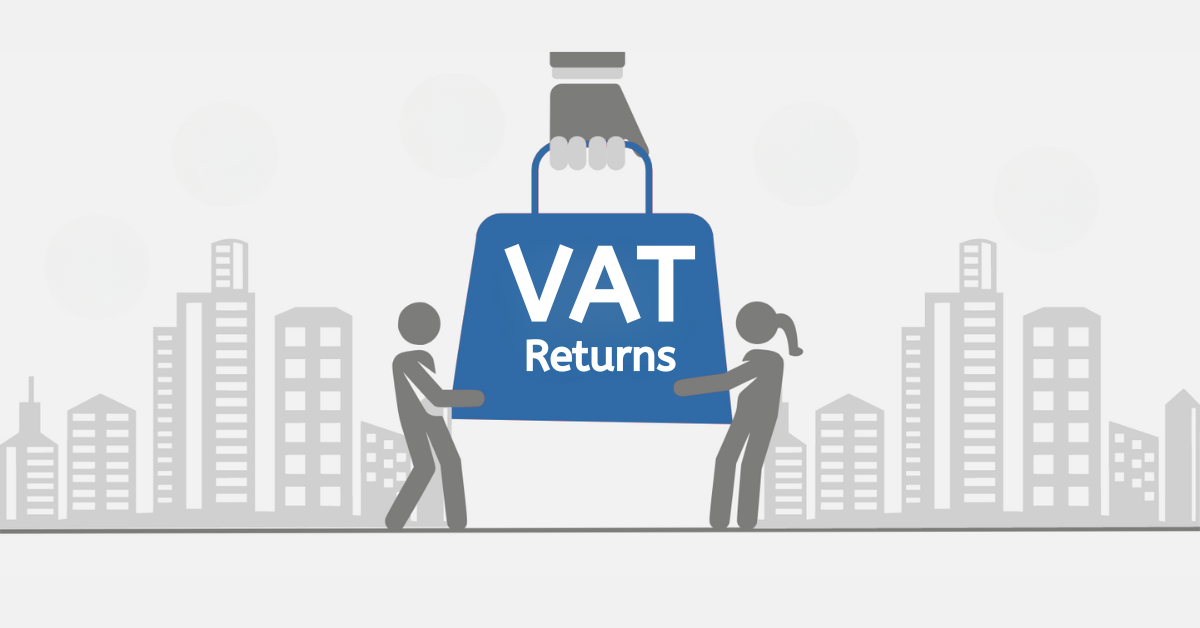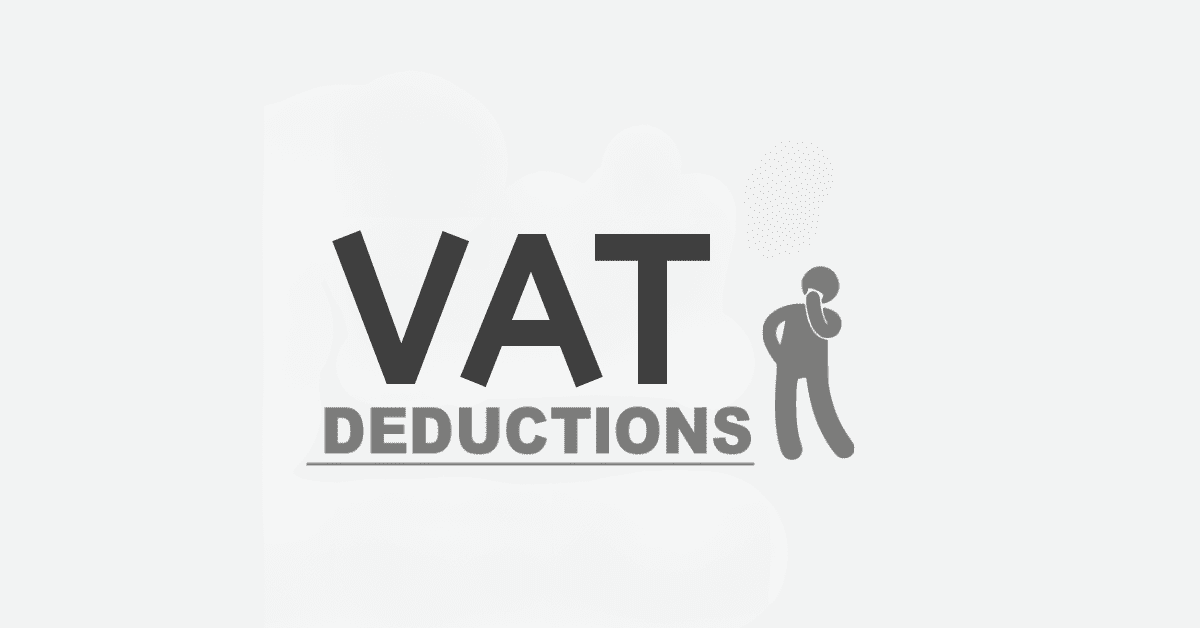In the wider world of VAT, which is levied on consumers at the till, zero-rated items are an important class of goods and services. By officially requiring these goods and services to carry a 0% VAT levy, instead of the standard 15% VAT levy, zero-rated goods help to reduce the burden of VAT on ‘Joe Average’ and make some critical goods easier to acquire. Their handling for VAT purposes by the businesses that make them can be confusing, but we are here today to help explain zero-rated VAT items and how they are handled.
What Items Are Zero-Rated For VAT In South Africa?
Zero-rated VAT items refer to specific goods and services on which VAT is charged at a rate of 0%. This is done on items perceived as basic necessities, such as some types of food and medicines. While VAT is still technically applicable, the zero rate means that the consumer pays no VAT or, in accounting terms, the VAT liability is nil. The idea is to reduce the tax burden on essential goods and services for the end user, who bears the brunt of VAT-style taxes. Zero-rated goods should not be confused with VAT-exempt goods, which attract no VAT at all.
Examples of zero-rated items include:
- Basic Food Items: Nineteen essential food items, such as bread, milk, pilchards, vegetables, and fruits, are zero-rated. This ensures that these necessities remain accessible and affordable for consumers.
- Some Fuels: Paraffin is also zero-rated, as are fuels that are already subject to the fuel levy and international transport services.
- Some Exports: Goods and services destined for export are sometimes zero-rated to enhance the competitiveness of South African products in the international market.
- Certain Medical Supplies: Specific medical items, such as basic medicines and some medical equipment, fall under the zero-rated category to support more affordable healthcare.
- Other Items: Some other items, like some government grants, farming inputs, and the sale of going concerns, are also zero-rated for VAT.
While the end consumer doesn’t typically care all that much if the goods they are purchasing are zero-rated, knowing what items are classed as zero-rated is very important for VAT-registered businesses, as it impacts whether or not a VAT markup can be applied to those goods, and changes how they are reported on their VAT returns.
What Does Zero-Rated VAT Mean In Accounting?
This means that an item being zero-rated for VAT has some very specific implications in accounting, though they are typically only relevant to transactions involving those items and businesses that make them.
When a business purchases zero-rated items they cannot pass on any VAT down the supply chain or use VAT input credits on those items. They are required to record these sales correctly as zero-rated goods in their in-house accounting records. For businesses that make zero-rated foods, they can still recover the VAT paid on their inputs, such as raw materials or services, from SARS.
Zero-rated transactions also need to be shown clearly on a VAT return, distinguishing them from normal goods and services. Comprehensive documentation for these transactions will be required.
What Is The Difference Between Zero-Rated And Exempt-VAT In South Africa?
While zero-rated and exempt from VAT may seem similar, they have distinctly different implications for businesses and consumers:
Zero-rated items are subject to a VAT rate of 0%. Businesses can claim input VAT credits, and consumers pay no VAT on these items.
VAT-exempt items are entirely outside the scope of VAT. No VAT is charged on exempt items, but businesses are not able to claim input VAT credits, either. Some common examples include certain types of financial services, residential rental income, and the sale of second-hand residential properties.
The key difference lies in the ability of businesses to recover input VAT. While zero-rated items allow for input VAT credits, VAT-exempt items do not. To the extent that businesses only dealing in VAT-exempt items are not required to register for VAT regardless of their turnover.
What Is The Difference Between Zero-Rated And No VAT?
In South Africa, there is no ‘no VAT’ category. All goods and services will fall into one of the three VAT categories:
- Zero-rated,
- VAT-exempt, or
- VAT-inclusive.
While colloquially speaking, you can see both zero-rated and VAT-exempt goods and services as ‘no VAT’ transactions, it’s not a good way of looking at the situation. For starters, zero-rated goods and truly VAT-exempt goods are handled differently by SARS, and you must understand which category the goods and services you provide fall into. For example, companies making zero-rated goods will still have to register for VAT, while companies only dealing in VAT-exempt products do not. Companies with a mix of goods and services will also have to be VAT-registered.
As you can see, understanding the difference between zero-rated VAT items and VAT-exempt items is a critical part of doing business in South Africa. Hopefully, you now understand zero-rated VAT items better.
